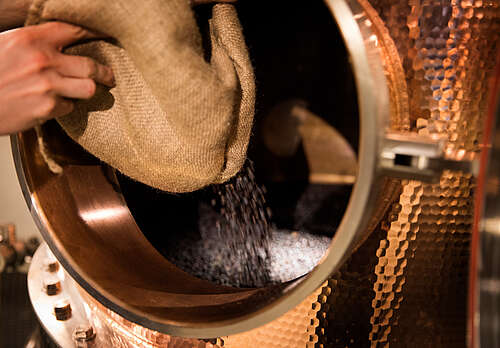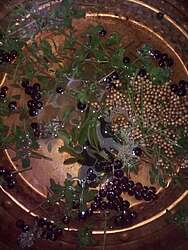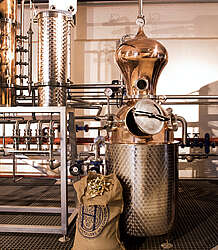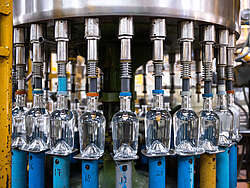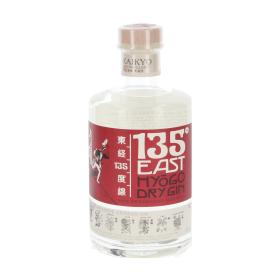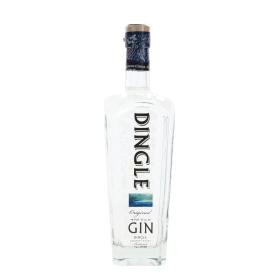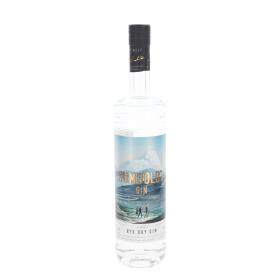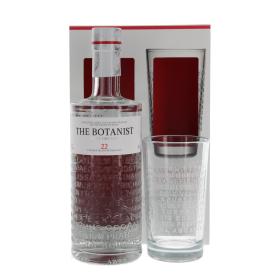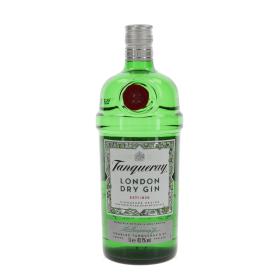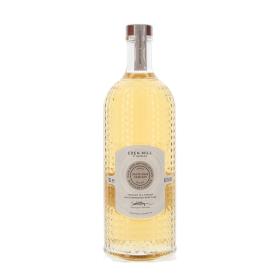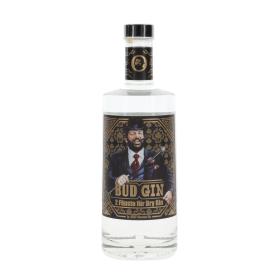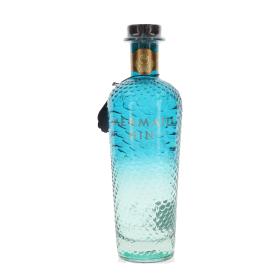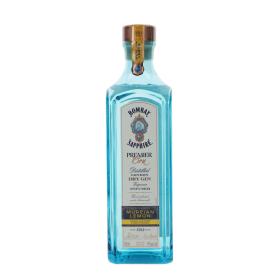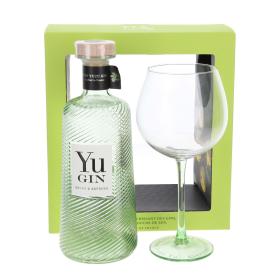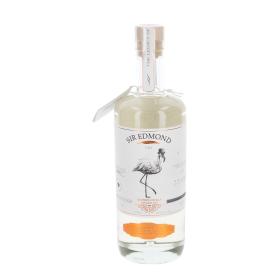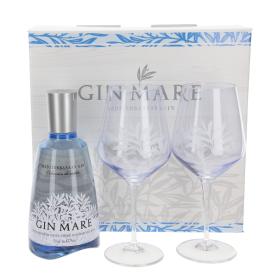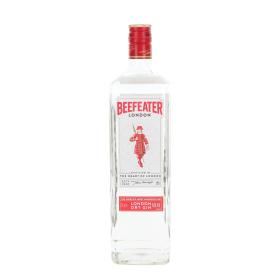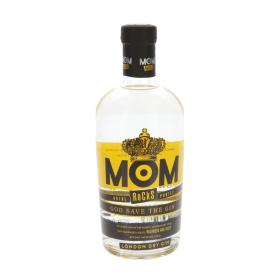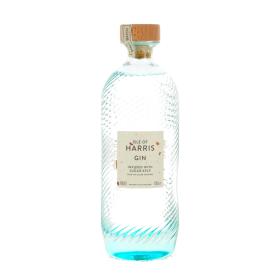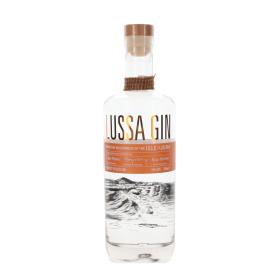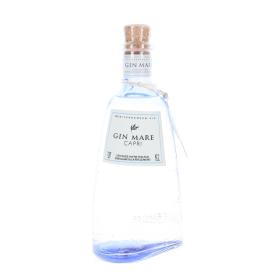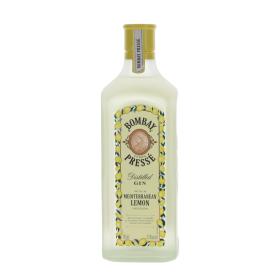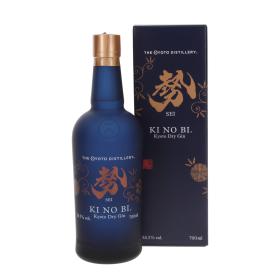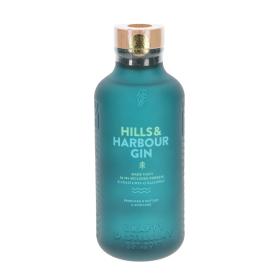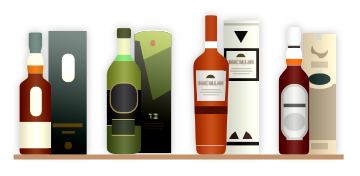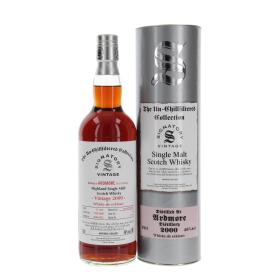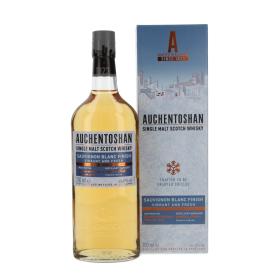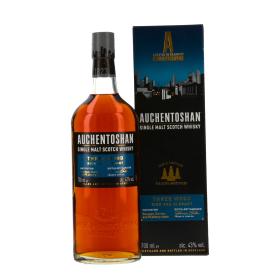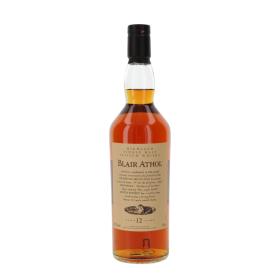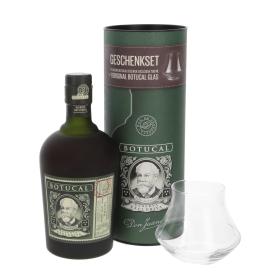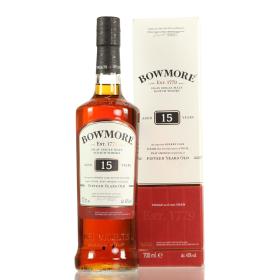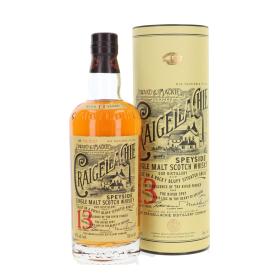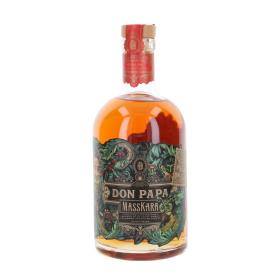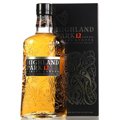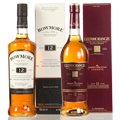The most important ingredient for gin? Anyone familiar with the French language will recognise it from the word: Because 'gin' is derived from the French 'genévrier', which means 'juniper' in German. According to the definition, gin is a neutral alcohol of agricultural origin (e.g. grain or vodka) to which juniper and other spices are added. Added to this are the so-called botanicals, i.e. plant extracts, which are added to flavour the gin. These include citrus fruits such as lemons, limes and bergamots; herbs, for example garden herbs or Mediterranean herbs such as rosemary and thyme; flowers such as elderberry and lavender; and spices such as pepper, cardamom and coriander. With all the additional flavours, juniper must by law dominate the aroma in most types of gin - whether this is extracted from dried or fresh berries is irrelevant.
Gin can be created in different ways, as neutral alcohol can be flavoured in different ways. Roughly speaking, however, every gin goes through the following production steps.
Base alcohol
In contrast to a spirit such as whisky, the ingredients of gin do not have a high enough sugar content to produce alcohol. In whisky, the yeast strains convert the sugar contained in the grain into alcohol and carbon dioxide (CO2), an odourless and colourless gas, during alcoholic fermentation. As this high sugar content cannot be achieved with the juniper berries and other botanicals in gin, neutral alcohol, known as base alcohol, is used as the basis. The base alcohol is usually grain or vodka. However, the EU regulation only stipulates 'alcohol of agricultural origin', which is why brandy, for example, is also an option.
Neutral alcohol of agricultural origin
Gin producers are free to choose which alcohol base they use to produce their products. Many do not even distil the spirit themselves, but obtain it from other distilleries or government agencies. Wherever the alcohol comes from, the specification states that it must be 'ethyl alcohol of agricultural origin'. Around two thirds of gin producers state that they use wheat, while whisky distilleries naturally use barley malt as the base material for their alcohol. Many young new distilleries produce gin as well as whisky to bridge the gap until the first whisky has matured for at least three years. This allows them to generate sales with other products before the finished whisky can be sold. Five per cent of producers state that they use potatoes, rice or maize as the base material for their alcohol. These are also starchy products that can be fermented and then processed into gin. Ten per cent of gin producers use other raw materials of agricultural origin: grapes, which ferment as grape must into wine and are then distilled into brandy, sugar cane or molasses, or even apples, which ferment into cider and are then distilled into gin instead of calvados.
Some producers also use the juniper berries themselves as a raw material: the juniper spirit is distilled from fermented juniper berries and mixed with grain spirit flavoured by maceration. The two are then distilled together again in another still, resulting in dry gin.
Maceration
The term is derived from the Latin 'macerare', which means 'to dissolve' or 'to soften'. According to the definition, maceration is the 'softening of plant [...] tissue on prolonged contact with liquids'. Various spices or fruits are soaked in alcohol (or a mixture of alcohol and water), which extracts colouring and, above all, flavouring substances from the botanicals. If several different botanicals are used, as is the case with gin, the raw material that takes the longest to release its flavours is the first to 'enter the bath'.
Distillation
After the 'flavour bath' of the gin, it is distilled. Gin stills are usually fuelled by gas or electricity. The mixture of alcohol and spices is heated in the still during distillation, causing the flavoured alcohol vapours to rise. The alcohol vapour is fed into a cooled spiral at the top of the still. There the vapour condenses, becomes liquid and is collected. The result is a high-proof gin with a flavour of around 96%.
However, not every gin producer is also a gin distiller! Not every gin is distilled. Some producers simply buy in neutral alcohol and carry out the maceration themselves. This is known as compound gin if no further distillation is carried out. Other producers, however, are also distillers, as they distil the base distillate again. The transfer of flavours to the gin in the still is also possible without prior maceration: slow distillation can also extract the flavours from the ingredients, which are then transferred to the distillate via the alcohol vapour. Some distilleries also work with a flavour basket that is attached to the still. This basket, also known as a spirit basket, contains the respective botanicals. During distillation, the alcohol vapours rise through the basket and simultaneously absorb the aromas of the botanicals.
The gin producer therefore has two options: Either the spirit that has already been distilled once is distilled again in the still after maceration with the botanicals. Or the gin is distilled without maceration with the botanicals in a flavour basket in the still.
Storage
Gin does not necessarily have to be stored after distillation. However, most distilleries prefer to leave their gin to rest for a while before bottling it. This allows the different flavours to blend harmoniously into a single unit. For a period of between two and six weeks, the distillate is usually filled into steel tanks, glass balloons or even earthenware containers, which do not release any flavours into the gin. There is also barrel-aged gin, known as 'reserve gin'. This is intended to take on the oak flavours and brown colour from the respective barrel. The wood-oxygen contact leads to the formation of new flavours. Maturation in second fill barrels is now also used in gin production, as it is for whisky. For example, there are bourbon whiskey barrel-matured, vermouth barrel-matured, fruit brandy barrel-matured and even sherry barrel-matured gins. These gins also absorb flavours from the wine or brandy that was previously stored in the barrel.
Filling
After distillation and storage, the gin still has a very high alcohol content of around 96%. It is reduced to drinking strength by diluting it with water. Water with as little lime as possible is used for dilution so that the gin does not become 'scratchy'. The amount of water determines not only the alcohol content but also the flavour of the gin: the flavour differs greatly depending on the alcohol content of the gin. However, a minimum alcohol content of 37.5% is prescribed by law. Gin usually has between 42% and 47%. If a gin has more than 57%, it is considered an 'overproof gin'.

